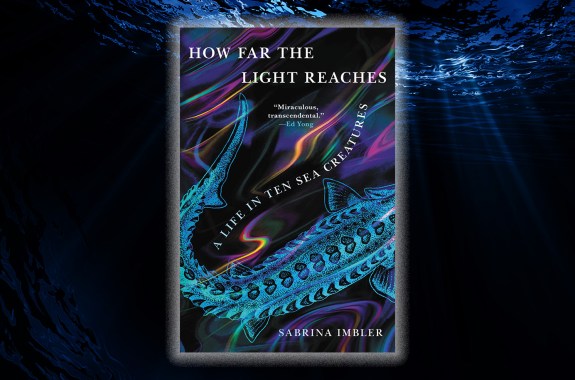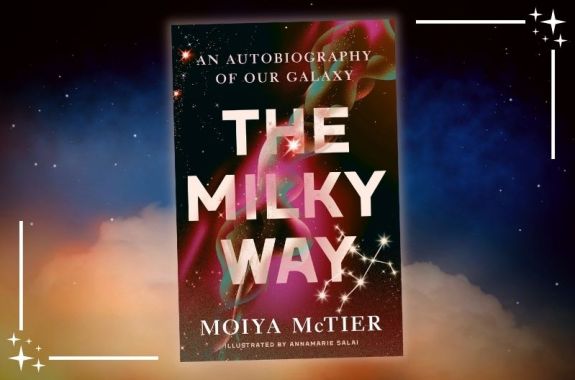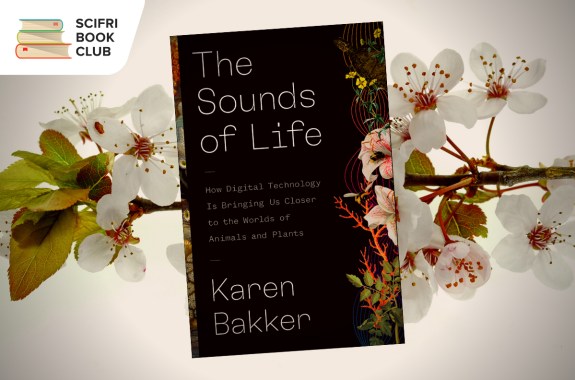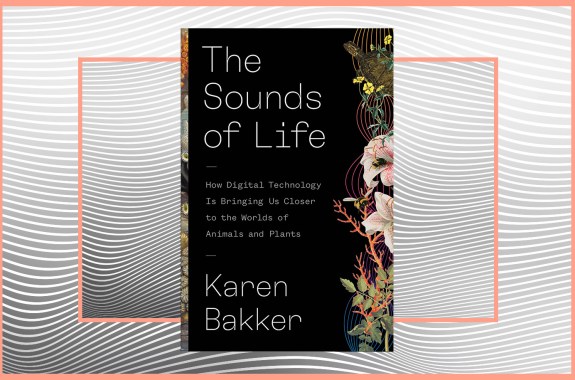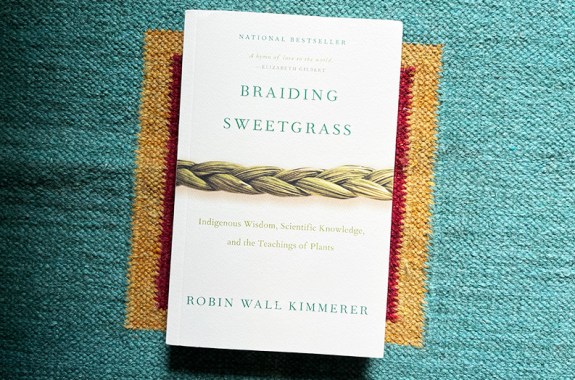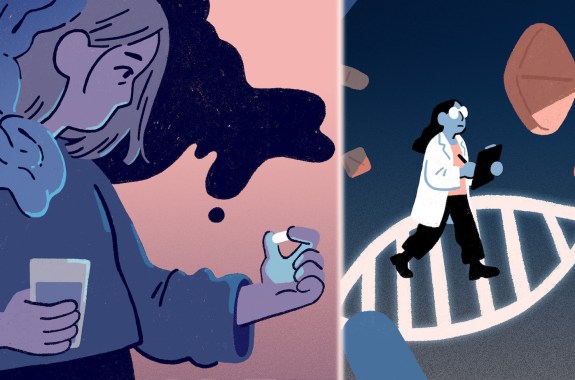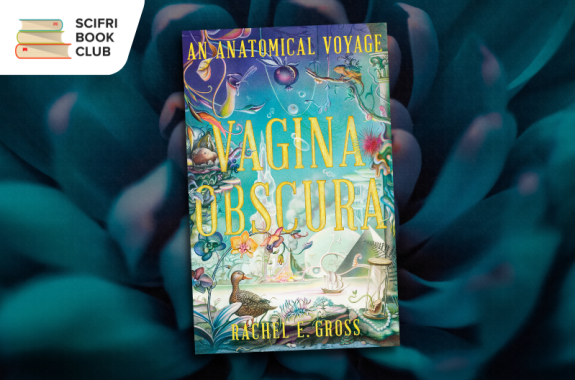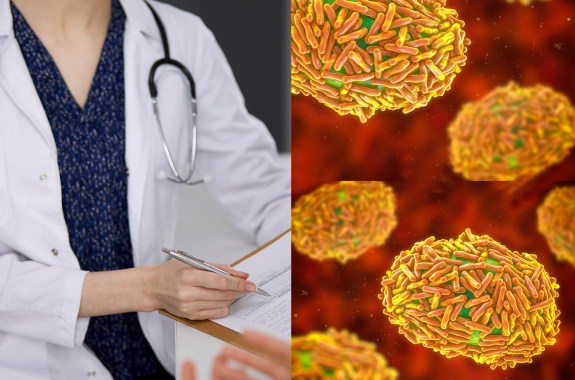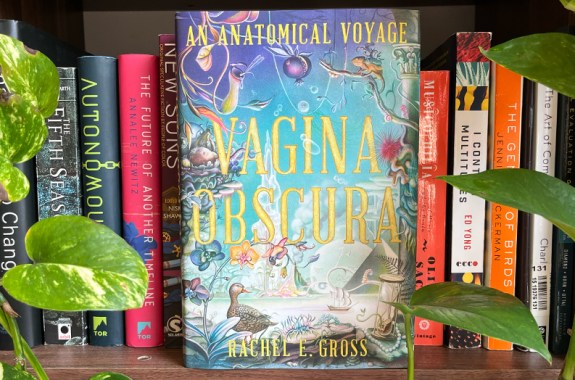Articles
Science Friday is your trusted source for news and entertaining stories about science.
Donate To Science Friday
Want to help support Science Friday for the next 30 years? Make a gift today and support quality science journalism.
Celebrating The Human Side Of Sea Creatures
Sabrina Imbler’s book traces their life through the stories of ten sea creatures.
Read ‘The Milky Way’ By Moiya McTier With The SciFri Book Club
McTier’s new tell-all on behalf of our galaxy explains the importance of story in scientific discovery. Read it with us this December.
Read ‘The Sounds Of Life’ With The SciFri Book Club
‘The Sounds Of Life’ uncovers the world of little-known sounds that make up life on Earth. Read it with us this November.
Decoding The Hidden World Of Nonhuman Sound, With New Biotech
Can humans better listen to the natural world? Karen Bakker thinks yes, with the help of biotechnologies—and a new world perspective.
How You’re Getting Played By Gamification
A video game designer takes a hard look at how gamification has spread from video games to many aspects of our daily lives.
‘Bengal Water Machine’ Data Offers Potential For Increasing Food Security
A “win-win” side effect of Bangladeshi farmers pumping groundwater to irrigate crops is that the technique can store monsoon water for the dry season.
How Science Friday Used A/B Testing To Guide Audience Engagement
When the pandemic began, we had to rethink how we engaged with audiences interested in science. Here’s what we learned.
Read ‘Braiding Sweetgrass’ With The SciFri Book Club
‘Braiding Sweetgrass’ combines Potawatomi knowledge and scientific inquiry in a deep, reverent essay series. Read it with us this October.
Robin Wall Kimmerer Wants To Extend The Grammar Of Animacy
How our scientific perspective of a bay changes when language frames it as a verb—to be a bay—instead of a noun.
Advances In Understanding Depression Offer Potential New Treatments
While more than one in ten Americans take antidepressants, some scientists think popular depression treatments don’t fully address the leading causes of depression.
Icky Or Essential? Why Wasps Are Actually Important
These occasional picnic plagues are more than what they seem: they’re also nature’s pest control agents and important pollinators.
Read ‘Vagina Obscura’ With The SciFri Book Club
‘Vagina Obscura’ tells readers the history of neglected research into the vagina and its companion organs. Read it with us this September.
What It Means To Examine Illness As A Quantum State
Microbiologist Joseph Osmundson takes a deeper look at what it means to be ill—and what it means to live with illness.
Expert Q&A: What You Need To Know About Monkeypox
How does monkeypox spread, what are the signs and symptoms, and how can one protect themselves from the virus? Experts weigh in.
Expert Q&A: How To Manage COVID Risk As New Variants Emerge
You asked updated questions about staying safe during the COVID-19 pandemic. We compiled answers from expert epidemiologists.
Menstruation: Another Way Humans Are Unique In The Animal Kingdom
From this SciFri Book Club pick, a peek inside the vast—and still relatively under-researched—part of the human body: the uterus.
A Future Where Gene Editing Is A Federal Crime
From this SciFri Book Club pick, a peek into a world where gene editing is a crime—or, as some believe, the only way to save humanity.
Read Blake Crouch’s ‘Upgrade’ With The SciFri Book Club
Blake Crouch imagines a world where your genome can be hacked in his new sci-fi thriller ‘Upgrade.’ Read it with us this August.
Recruiting New Brain Donors For Science
A live Q&A and radio broadcast inspired over 1,000 listeners to pledge their brains to scientific research. Future brain donors share their motivations and questions about brain donation.

